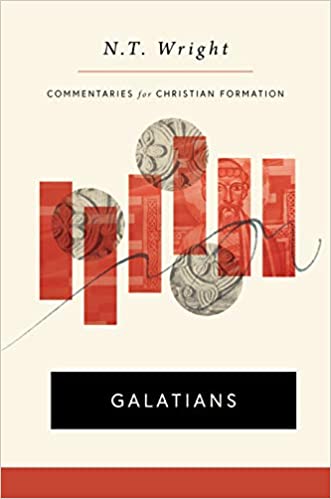Q. I think one of the real problems some commentators have with your reading, say on Gal. 4, in light of the Exodus and Exile materials is that when Paul says ‘to redeem those under the Law out from under the Law’, that really isn’t very analogous to redeeming literal slaves out from their bondage under Pharaoh. The Law was not a wicked master enslaving people. Indeed, Paul stresses it was good and holy, and the confinement or moral fencing in of God’s sinful people was not in fact a bad thing, for a period of time. My point is to bring in the Exodus paradigm seems to be stretching analogies past the breaking point to many. When there is more discontinuity than continuity between two things that can be compared, then is the reading of the latter in terms and light of the former events all that helpful?
A. Well yes, it is of course a shock to have Torah on the wrong side of the Exodus story, as it were. But, as I argue, in Gal 4.1-7 you have a narrative which says (a) you were enslaved (b) God promised to rescue at a particular time (c) that time came and God sent forth the one who would ‘redeem’, (d) this involves the declaration that you are ‘sons of God’, (e ) you are thus going to inherit the promises and (f) God is coming to live in your midst. That is precisely what the Exodus story is saying. The fact that Torah as it were switches sides is a superficial though important point but Paul has thoroughly prepared for it in 2.15-21 and 3.10-14 . . .













